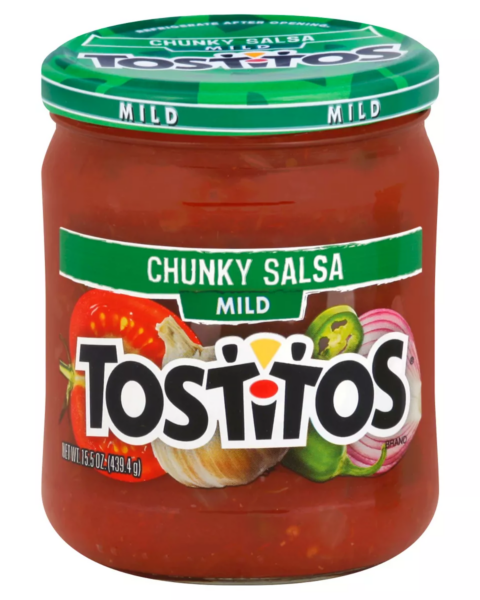A sustainable kitchen is more than a collection of green gadgets; it’s a lifestyle that embraces efficiency and environmental responsibility. Simple adjustments in daily habits can significantly reduce your carbon footprint. Whether you’re an experienced eco-warrior or just starting your green journey, there are plenty of ways to make your kitchen more sustainable. Here are some practical tips to get you started on creating a more eco-friendly kitchen.
Contents
- 1 Use Energy-Efficient Appliances
- 2 Embrace Reusable Containers
- 3 Compost Kitchen Scraps
- 4 Choose Eco-Friendly Cleaning Products
- 5 Reduce Water Usage
- 6 Buy Local and Seasonal Produce
- 7 Minimize Food Waste
- 8 Grow Your Own Herbs
- 9 Opt for Sustainable Utensils
- 10 Install a Water Filter
- 11 More From RetailShout
- 12 14 Natural Ways to Keep Pests Out of Your Garden
- 13 15 Top Melting Cheeses Recommended by a Chef
Use Energy-Efficient Appliances

Invest in appliances with an Energy Star rating to reduce energy consumption. These devices use less electricity and water, which can significantly lower your utility bills. Opt for refrigerators, dishwashers, and ovens that are designed to be energy-efficient. Not only do they help the environment, but they also improve your kitchen’s overall performance.
Embrace Reusable Containers
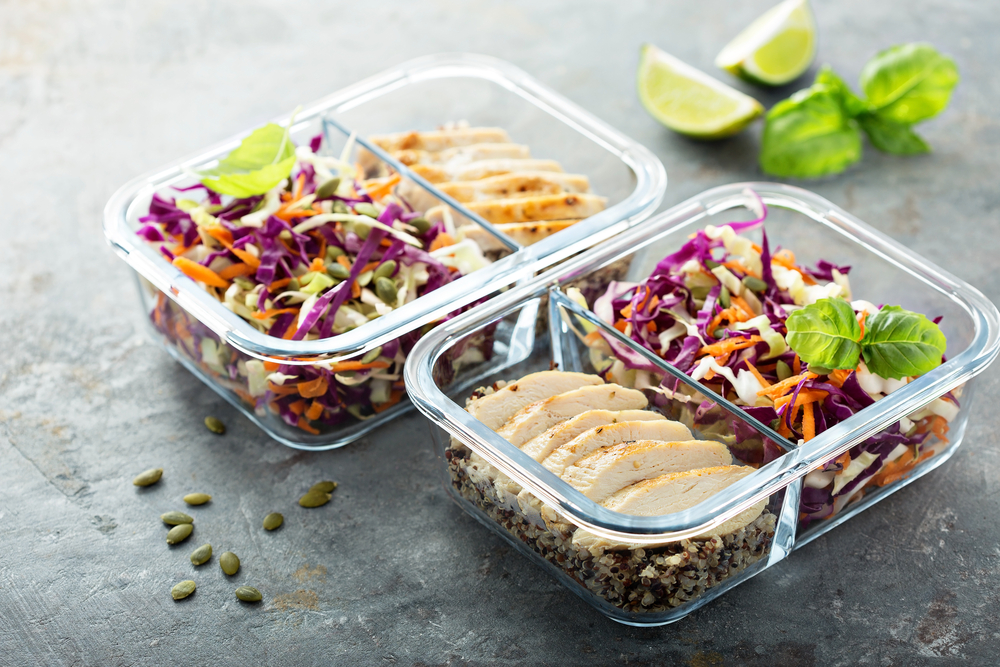
Ditch single-use plastic containers in favor of reusable ones made from glass or stainless steel. These options are more durable and don’t leach harmful chemicals into your food. They also help reduce the amount of plastic waste generated in your kitchen. Make it a habit to use these containers for storing leftovers and packing lunches.
Compost Kitchen Scraps
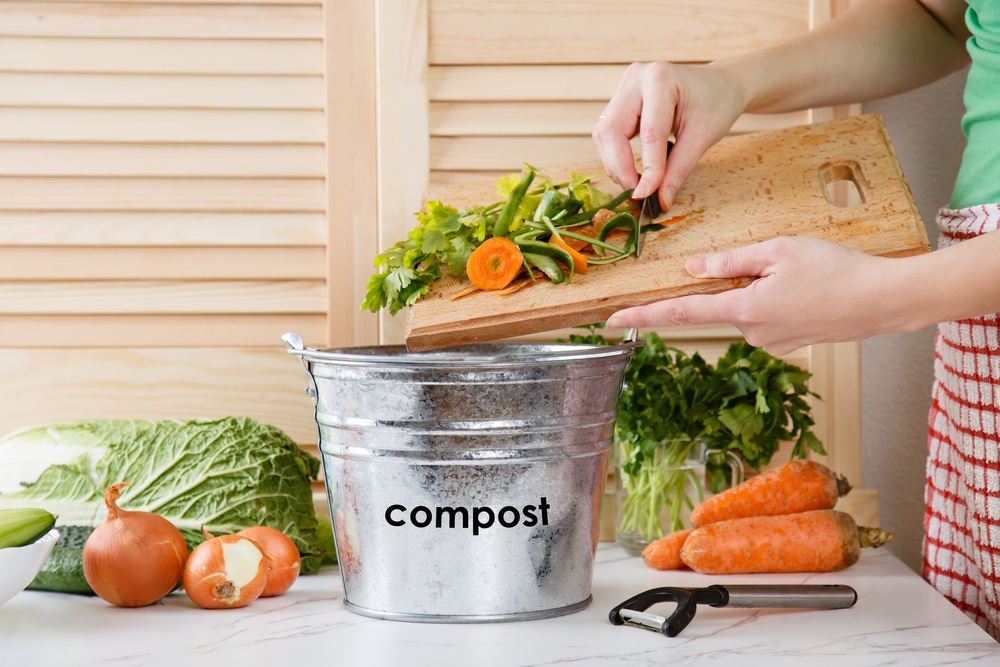
Start a compost bin to recycle organic kitchen waste like fruit peels, vegetable scraps, and coffee grounds. Composting reduces the amount of waste sent to landfills and produces nutrient-rich soil for your garden. It’s an easy way to minimize your kitchen’s environmental impact. Plus, your plants will love the extra nutrients.
Choose Eco-Friendly Cleaning Products

Switch to cleaning products that are free from harmful chemicals and biodegradable. These cleaners are just as effective as traditional ones but are much safer for the environment and your health. Look for brands that prioritize sustainability in their packaging and ingredients. You can even make your own cleaners using natural ingredients like vinegar and baking soda.
Reduce Water Usage

Be mindful of your water consumption in the kitchen by fixing leaks and using water-saving devices. Install a low-flow faucet or an aerator to reduce water flow without compromising on performance. Only run the dishwasher when it’s full to maximize efficiency. Small changes can lead to significant water savings over time.
Buy Local and Seasonal Produce
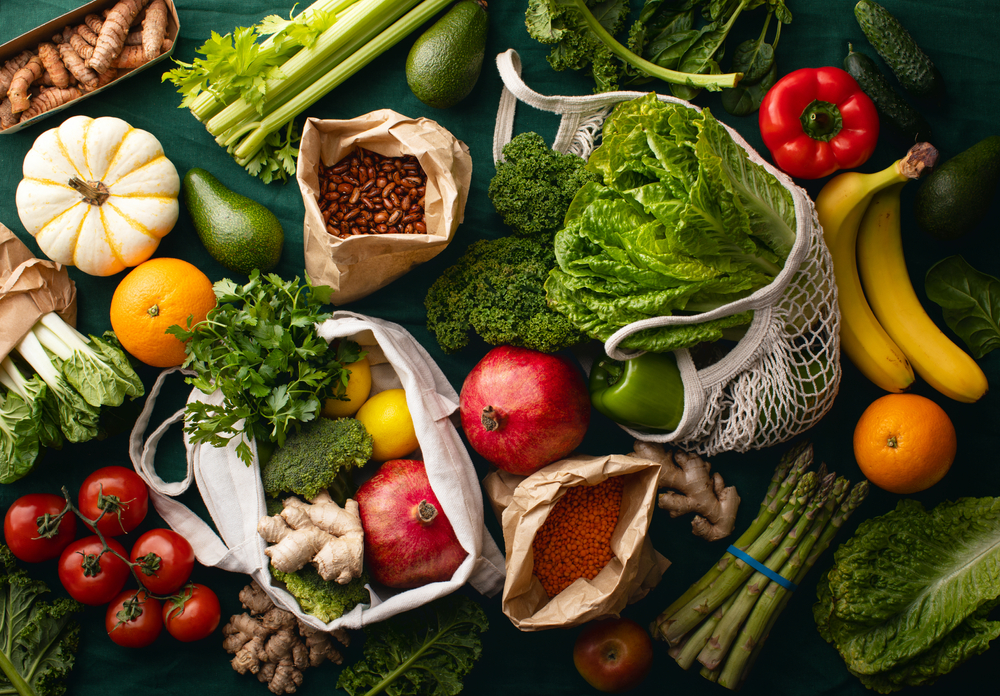
Supporting local farmers by buying seasonal produce reduces the carbon footprint associated with transportation. Local fruits and vegetables are often fresher and taste better. This practice also supports the local economy and encourages sustainable farming methods. Make it a habit to visit farmers’ markets or join a community-supported agriculture (CSA) program.
Minimize Food Waste
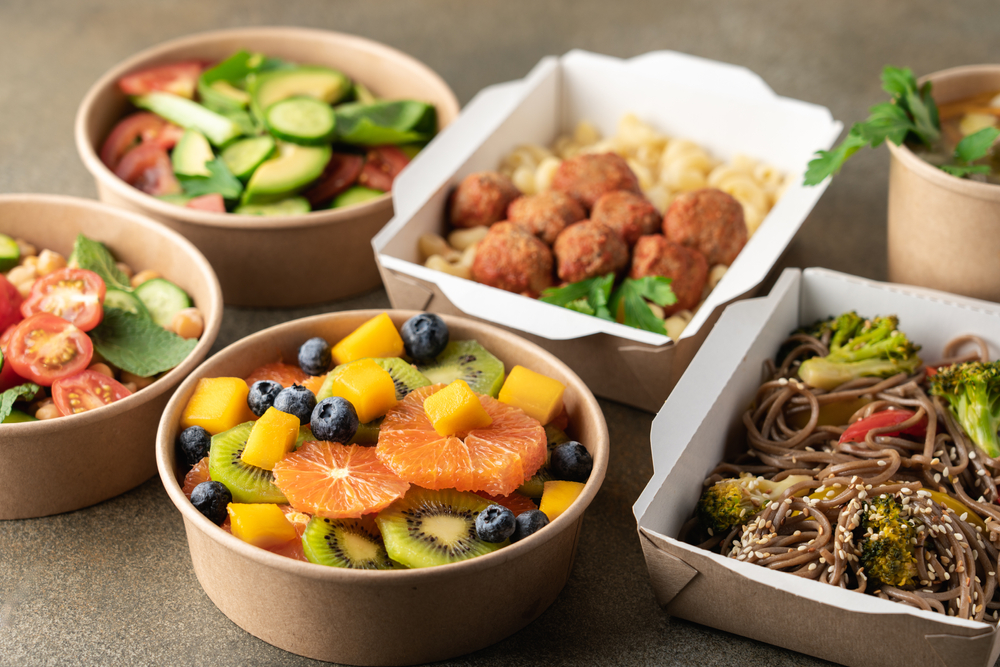
Plan your meals and buy only what you need to avoid food waste. Use leftovers creatively and freeze excess food to extend its shelf life. Keep a list of items that need to be used up soon to prevent them from spoiling. Being mindful of food waste not only saves money but also conserves resources.
Grow Your Own Herbs
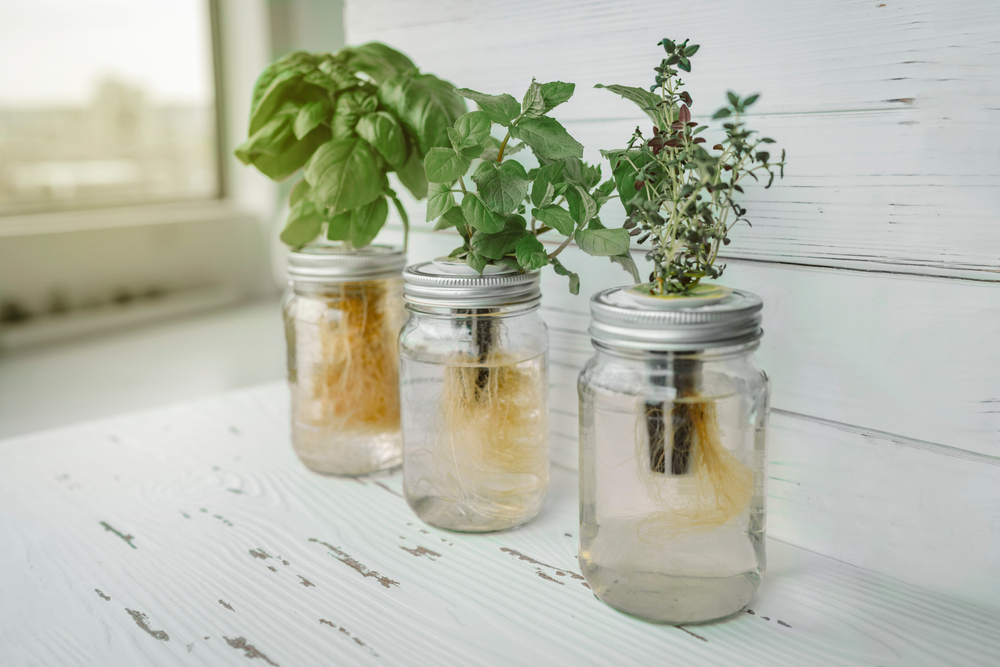
Growing herbs at home is a simple and sustainable way to enhance your cooking. Herbs like basil, mint, and parsley are easy to grow in small pots on your windowsill. This practice reduces the need for store-bought herbs, which often come in plastic packaging. Plus, you’ll have fresh, flavorful ingredients at your fingertips.
Opt for Sustainable Utensils
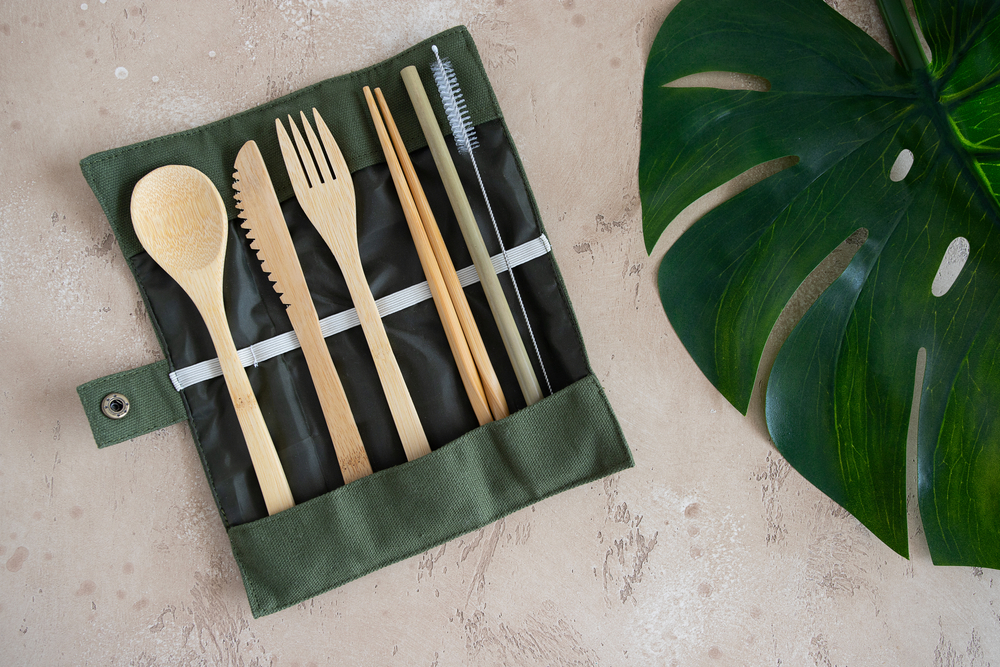
Choose kitchen utensils made from sustainable materials like bamboo, stainless steel, or recycled plastic. These materials are durable and have a lower environmental impact than traditional plastics. Avoid single-use items like plastic straws and cutlery. Investing in quality utensils reduces waste and lasts longer.
Install a Water Filter
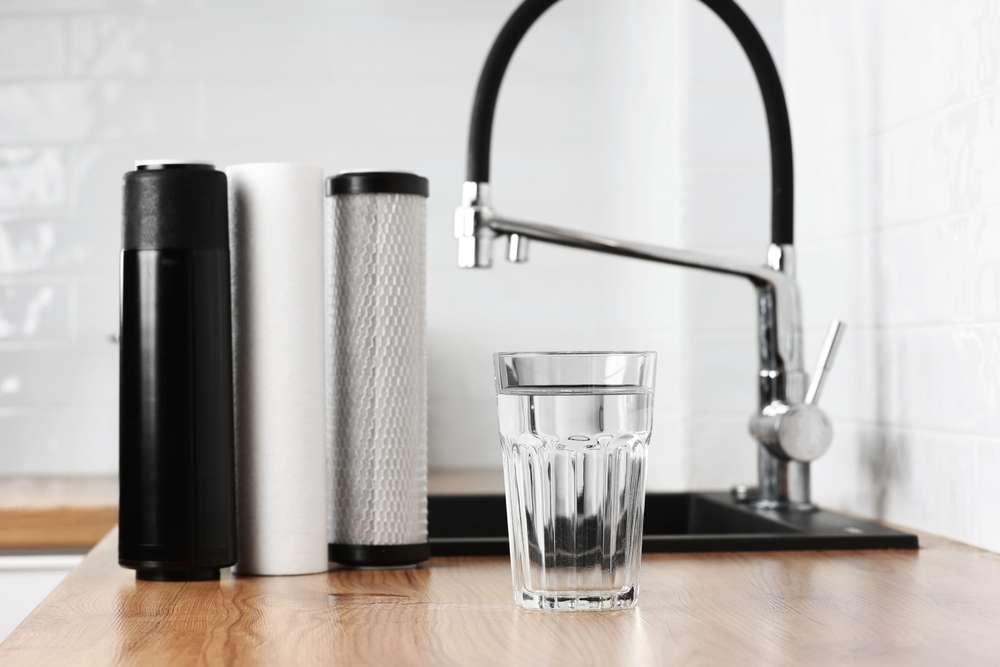
Using a water filter can help reduce the need for bottled water, cutting down on plastic waste. Filters can improve the taste and quality of tap water, making it safer and more enjoyable to drink. This practice is both eco-friendly and cost-effective. Consider options like under-sink filters, pitcher filters, or faucet-mounted filters.
This article originally appeared on RetailShout.
More From RetailShout
15 Kitchen Tricks Every Chef and Beginner Needs to Master
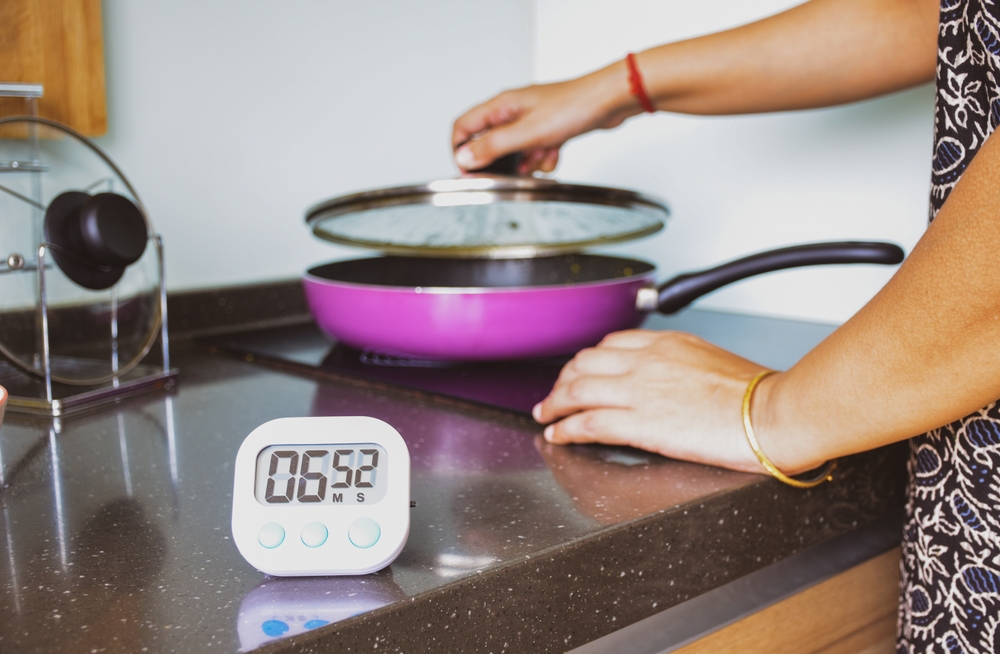
Cooking can be a joy, but it’s even better when you know a few handy tricks to make everything easier and more efficient. Whether you’re just starting out or have been cooking for years, these 15 genius kitchen hacks will change the way you cook. Read More.
14 Natural Ways to Keep Pests Out of Your Garden
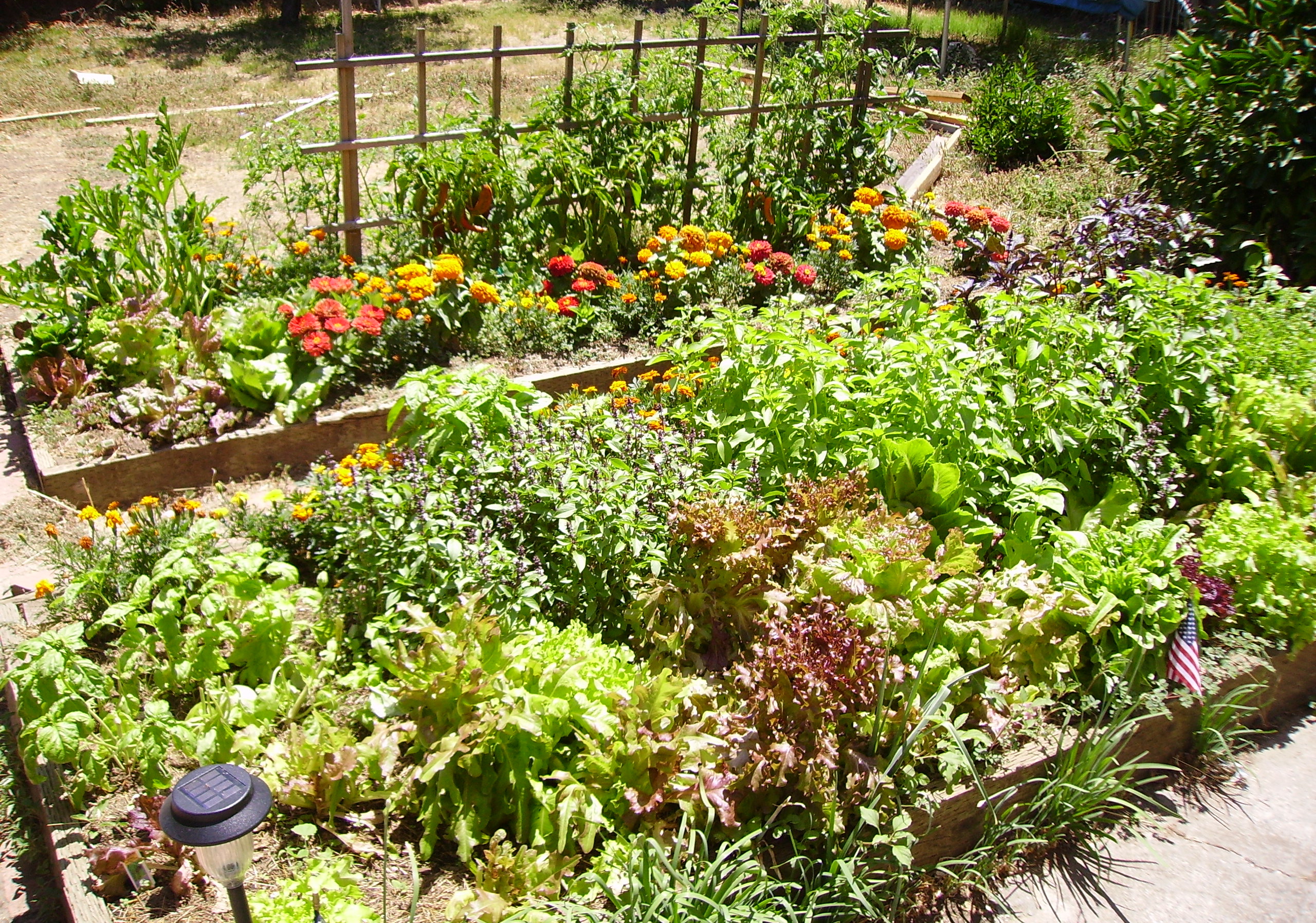
Gardening is a labor of love, but nothing can spoil your hard work faster than unwelcome pests. Instead of reaching for harsh chemicals that can harm your plants and the environment, why not explore natural methods to keep your garden thriving and pest-free? Read More.
15 Top Melting Cheeses Recommended by a Chef

Melting cheese can turn an ordinary meal into something amazing. Whether it’s a gooey grilled cheese, a creamy fondue, or a deliciously cheesy pizza, the right cheese can make all the difference. Read More.






